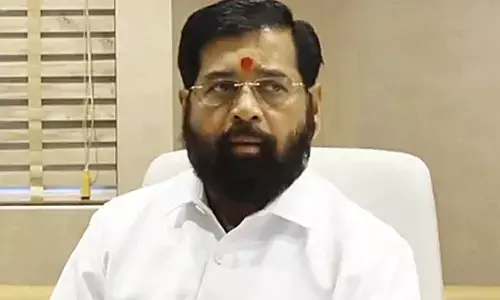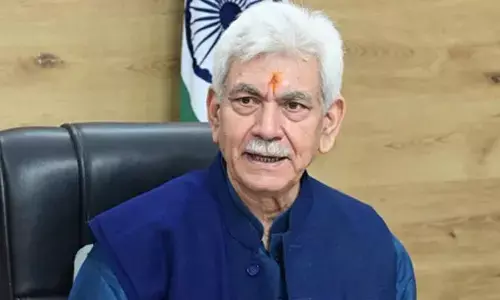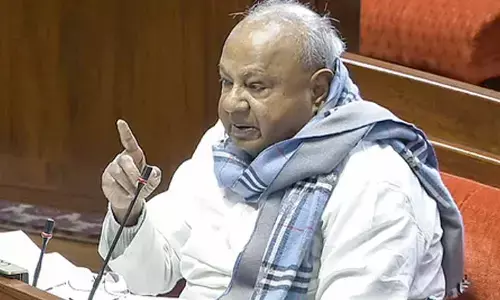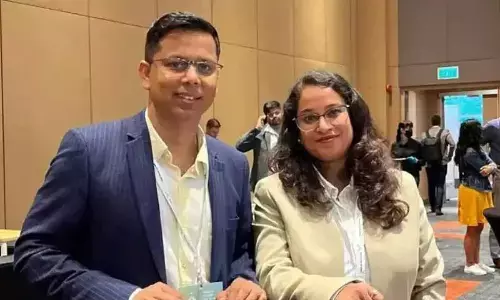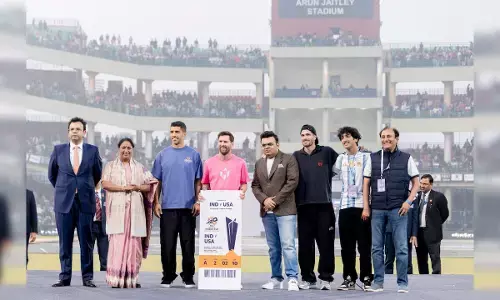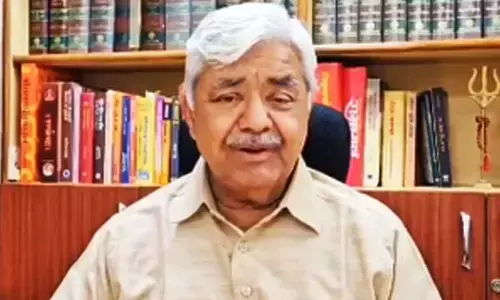BR Ambedkar Death Anniversary 2023: What is Mahaparinirvan Diwas? Facts About Babasaheb Ambedkar
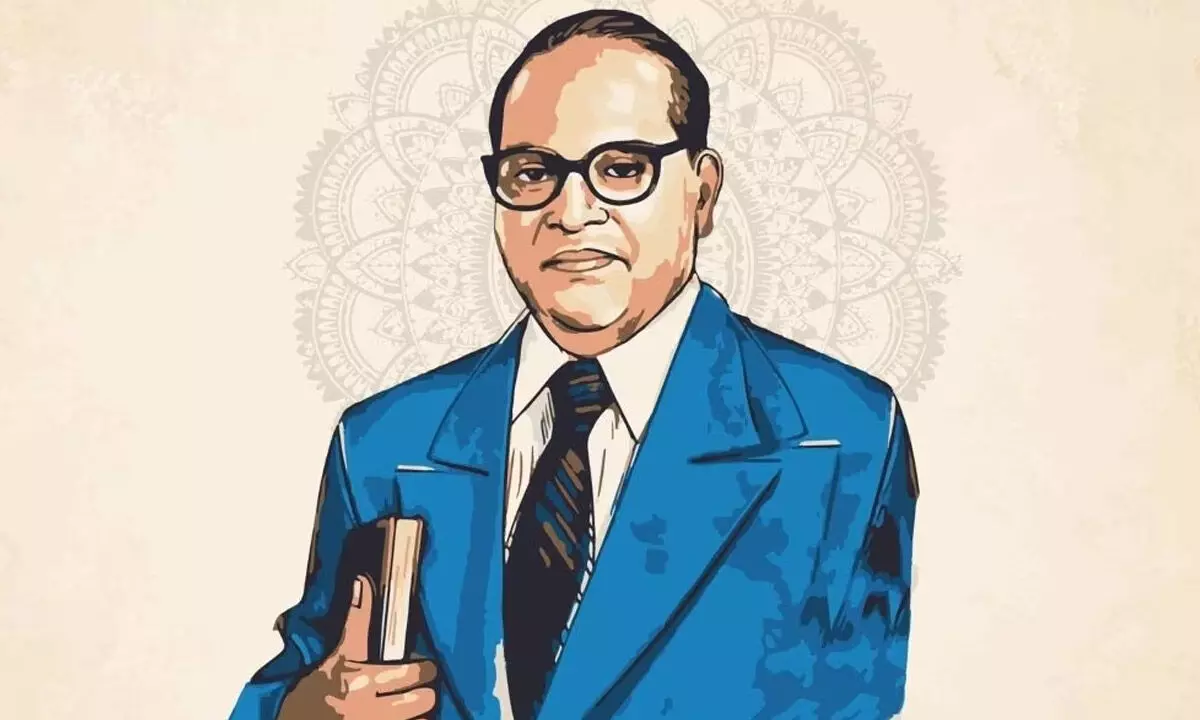
Bhimrao Ramji Ambedkar played a pivotal role in shaping the trajectory of modern India.
Bhimrao Ramji Ambedkar played a pivotal role in shaping the trajectory of modern India. Born on April 14, 1891, he ascended to the position of India's first Law and Justice Minister, dedicating his life to relentless advocacy against the entrenched caste system. Serving as the head of the Drafting Committee, Dr. Ambedkar steered the Constituent Assembly in meticulously crafting the world's longest-written constitution. Following his demise in 1956, he was posthumously honored with the Bharat Ratna, the highest civilian accolade in India.
Mahaparinirvan Diwas, observed on December 6th, marks the solemn occasion of Dr. Ambedkar's death anniversary. Passing away in Delhi on this day in 1956, it serves as a moment for contemplation, commemorating Ambedkar's enduring legacy and his indelible contributions to Indian society.
Dr. Ambedkar's advocacy for social justice and equality reverberates through history, as he championed tirelessly for the rights of the marginalised and oppressed. His profound impact on India is immeasurable, and he remains etched in the annals of Indian history as one of its most significant and revered figures.
Mahaparinirvan Diwas is observed on December 6th every year to commemorate the death anniversary of Dr B R Ambedkar, the principal architect of the Indian Constitution. Here are 10 facts about Babasaheb Ambedkar:
1. Birth and Early Life: Bhimrao Ramji Ambedkar was born on April 14, 1891, in Mhow, Madhya Pradesh, India, in a Mahar family, which was considered untouchable in the social hierarchy of that time.
2. Education: Ambedkar faced discrimination in his early education due to his caste but overcame it to become one of the most educated Indians of his time. He earned degrees in law and economics from top universities in the United States and the United Kingdom.
3. Social Reformer: Ambedkar was a prominent social reformer who fought against caste-based discrimination and untouchability. He advocated for the rights of the Dalits, the oppressed and marginalised communities in India.
4. Political Career: He played a key role in the drafting of the Indian Constitution and became the first Law Minister of independent India. His efforts ensured the inclusion of social justice principles in the constitution.
5. Dalit Icon: Ambedkar is a symbol of empowerment for the Dalits (formerly known as untouchables) in India. He campaigned for their rights and worked towards eradicating social inequalities.
6. Conversion to Buddhism: In 1956, Ambedkar embraced Buddhism along with thousands of his followers, seeking a path away from the caste system and promoting equality.
7. Literary Contributions: Apart from his political and social contributions, Ambedkar was a prolific writer. His work includes books like "The Annihilation of Caste" and "The Buddha and His Dhamma."
8. Bharat Ratna: Dr. B.R. Ambedkar was posthumously awarded the Bharat Ratna, India's highest civilian award, in 1990 for his exceptional contribution to the nation.
9. Mahaparinirvan Diwas: On December 6, 1956, Dr. B.R. Ambedkar passed away, marking his Mahaparinirvan (great liberation). This day is observed to honor his legacy and contributions.
10. Ambedkar Jayanti: April 14th is celebrated as Ambedkar Jayanti, commemorating his birth anniversary. It is a public holiday in some Indian states.
11. Constitutional Architect: Dr. Ambedkar chaired the drafting committee of the Constituent Assembly and played a pivotal role in the formulation of the Indian Constitution. His vision shaped the fundamental rights and principles of the constitution.
12. Three Pillars of Democracy: Ambedkar emphasised the importance of the three pillars of democracy—Legislature, Executive, and Judiciary—to ensure a balanced and just governance system.
13. Labour Reforms: As the Labour Minister of India, he initiated various labor reforms, including the establishment of the Employee State Insurance (ESI) scheme and the Workmen's Compensation Act.
14. Women's Rights Advocate: Ambedkar was a strong advocate for women's rights. He played a crucial role in including provisions for gender equality in the Indian Constitution and fought against social practices that discriminated against women.
15. Economics Expert: In addition to his legal and social contributions, Ambedkar was an accomplished economist. He earned a D.Sc. in Economics from the London School of Economics and authored several economic texts.
16. Water Resources Planning: Ambedkar was appointed as the member of the Viceroy's Executive Council and the Defence Advisory Committee. He played a significant role in the planning and utilisation of water resources in India.
17. Founder of Independent Labour Party: Ambedkar founded the Independent Labour Party in 1936 to address the issues of the working class and to fight against social injustices.
18. Columbia University: He pursued his doctoral studies at Columbia University in New York, becoming one of the first untouchables to do so. He completed his thesis on the political history of Ancient India.
19. Dalit Buddhist Movement: After his conversion to Buddhism, Ambedkar led the Dalit Buddhist movement, encouraging millions of Dalits to embrace Buddhism as a means of liberation from caste-based discrimination.
20. Social Equality Mission: Throughout his life, Ambedkar tirelessly worked towards achieving social equality, eradication of untouchability, and the upliftment of the marginalised communities in India.
Mahaparinirvan Diwas serves as a reminder of Babasaheb Ambedkar's enduring impact on India's social and political landscape, advocating for equality, justice, and the rights of the marginalised.








